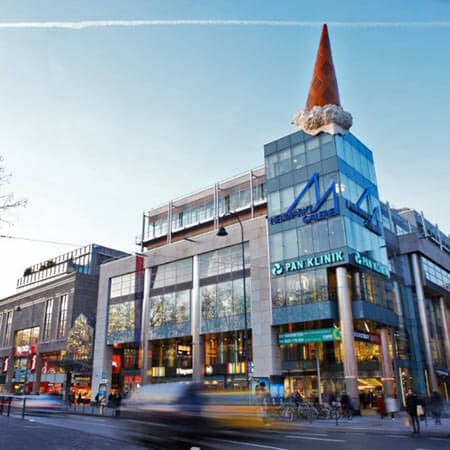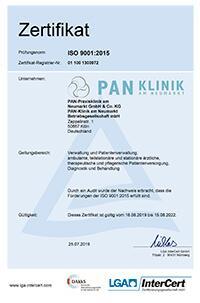About the disease
Breast implant capsular fibrosis is a condition that can develop as a complication after breast implantation surgery. Generally speaking, capsular fibrosis is the immune system’s response to a foreign body. It can also develop after surgery to fit artificial joint prostheses.
Sometimes, the immune system reacts badly to a foreign object and starts to attack it by weaving collagen fibers tightly around it. These fibers start to compress the implant, shrinking it as they tighten around it. This can cause the implant to “collapse”, causing discomfort in the breast area and a change of the breast’s appearance. Swelling and bruising may be visible and the size of the breasts may change, depending on the severity of the immune system’s reaction.
It is not clear why the immune system reacts this way after some surgeries but not others. There is a theory that breast implant capsular fibrosis develops due to a bacterial contamination during or after surgery. It can also develop if the shell of the implant ruptures, leaking the silicone-gel filling. The formation of a hematoma after breast implantation can also be a cause.
Symptoms
- The breast has changed in size and shape
- The breast is painful to touch
- Swelling
- Bruising, in some cases
- The breast feels firm or hard
Diagnosis
- During a general examination, the mammalogist will examine the patient’s breasts using palpation, to determine whether there is any pain, discomfort or hardness.
- A mammogram, which is an imaging test of the breasts, is performed to examine the inner structure of the breast. Silicone-gel leakage, an accumulation of blood and collagen fibers created by the immune system will show up.
- A blood test can detect signs of inflammation, such as an increased count of white blood cells. This indicates that the immune system is fighting an infection.
Treatment
- Plastic correction and implant replacement surgery can be performed to remove the collagen fibers and replace the implant with a more suitable one. Or, the implants can be removed altogether if the patient prefers not to have them anymore.
- Irrigation of an infection can be performed as well, if necessary.
- After the surgery, the patient will need to undergo frequent imaging tests to see if the immune system has stopped creating fibers.
Authors: Dr. Nadezhda Ivanisova, Dr. Sergey Pashchenko













